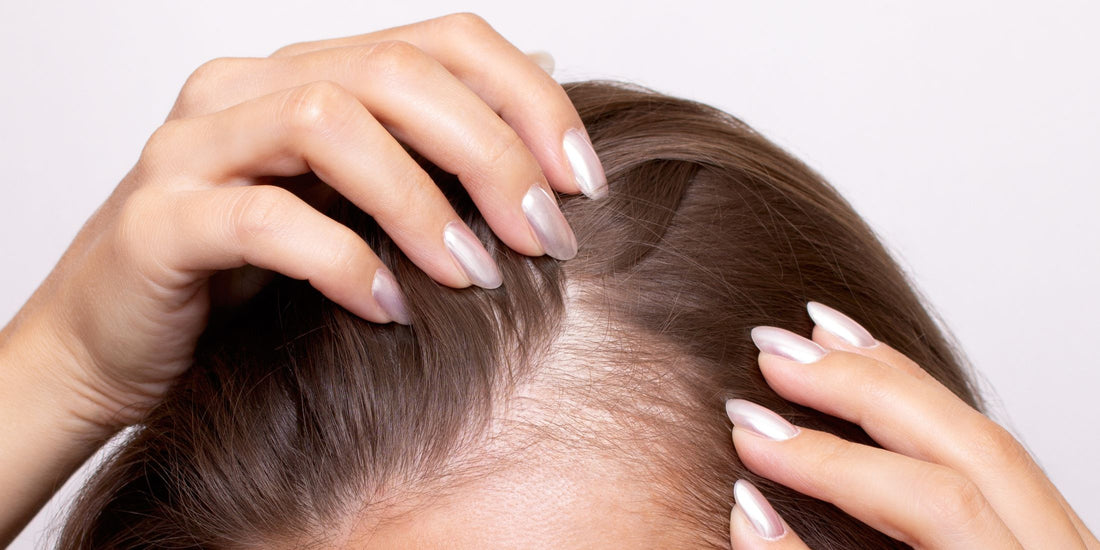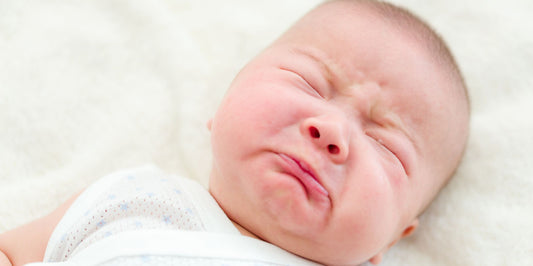Pregnancy brings with it many changes to a woman's body, and one of the most common concerns new mothers face is hair loss. It’s normal to experience some hair shedding after childbirth, but it can be distressing nonetheless. Understanding the causes and exploring the various treatment options, including home remedies, can help new mothers navigate this natural but challenging phase.
Understanding Hair Loss After Pregnancy
After giving birth, many women notice that their hair seems to fall out more than usual. This type of hair loss is often temporary, but the amount and duration can vary from person to person.
Why Does Hair Loss Happen After Pregnancy?
-
Hormonal Fluctuations
Pregnancy triggers significant changes in hormone levels, and after childbirth, these hormones start to return to pre-pregnancy levels. This shift can affect the hair growth cycle. During pregnancy, elevated estrogen levels prolong the growing phase (anagen) of hair, making hair appear fuller and thicker. After delivery, estrogen levels drop sharply, causing more hair to enter the shedding phase (telogen) simultaneously. This results in noticeable hair loss, typically around 3 to 6 months postpartum. -
Stress and Physical Changes
The physical and emotional toll of pregnancy and childbirth can contribute to hair loss. Stress, lack of sleep, and changes in nutrition can all negatively impact hair health. Postpartum hair loss, known as telogen effluvium, is often triggered by these factors and can cause temporary shedding of hair in large amounts. -
Nutritional Deficiencies
Pregnancy requires additional nutrients to support both the mother and the baby, and after childbirth, some women may not replenish these nutrients adequately. Deficiencies in iron, zinc, or vitamins like B12, biotin, and vitamin D can lead to thinning hair. -
Thyroid Imbalance
Thyroid hormones can fluctuate during pregnancy and postpartum, especially in women who have pre-existing thyroid conditions. An underactive thyroid (hypothyroidism) or overactive thyroid (hyperthyroidism) can cause significant hair thinning. It’s essential to monitor thyroid health after delivery to prevent prolonged hair loss. -
Postpartum Depression
Emotional factors like postpartum depression can also contribute to hair loss. The stress and emotional strain associated with adjusting to life after childbirth can interfere with hormone levels and increase shedding.
Treating Postpartum Hair Loss
While postpartum hair loss is usually temporary and will resolve on its own over time, there are several ways to manage it and support healthy hair regrowth.
-
Maintain a Healthy Diet
A balanced diet rich in vitamins and minerals plays a vital role in hair health. Focus on foods high in iron (e.g., spinach, lean meats), zinc (e.g., nuts, seeds), and B vitamins (e.g., eggs, avocados). Incorporating omega-3 fatty acids found in fish like salmon can also help support hair growth. -
Hair Care Adjustments
To minimize further hair breakage, avoid harsh treatments like excessive heat styling or tight hairstyles. Use a gentle shampoo and conditioner that won't strip the hair of natural oils. Avoid brushing wet hair, as it is more susceptible to breakage. Instead, gently comb through damp hair with a wide-tooth comb. -
Supplementation
Supplements containing biotin, zinc, and vitamin D can be beneficial for women experiencing postpartum hair loss. Always consult with a healthcare provider before starting any supplement, especially if breastfeeding, to ensure it's safe for both mother and baby.
While medical treatments can help, there are also several effective home remedies that may promote hair regrowth and strengthen hair naturally.
-
Aloe Vera
Aloe vera is known for its soothing and healing properties and can help maintain scalp health. It helps to moisturize the scalp and promote healthy hair growth. Apply fresh aloe vera gel directly to the scalp and leave it for about 30 minutes before rinsing off with lukewarm water. Doing this a few times a week can nourish your scalp and reduce hair shedding. -
Coconut Oil
Coconut oil is rich in fatty acids and antioxidants that can help to nourish and strengthen hair. It penetrates the hair shaft to prevent protein loss and keep hair hydrated. Gently massage warm coconut oil into your scalp and hair, leave it for at least 30 minutes (or overnight for best results), and wash it out with a mild shampoo. This remedy helps improve hair texture and may prevent hair breakage. -
Onion Juice
Onion juice is a powerful remedy for stimulating hair growth due to its high sulfur content, which promotes collagen production and strengthens hair follicles. Extract juice from an onion, apply it to the scalp, and leave it for 15–20 minutes before rinsing. While the smell might be strong, the results are often worth it. This remedy may help stimulate new hair growth. -
Fenugreek Seeds
Fenugreek seeds are packed with proteins and nicotinic acid that help in the rebuilding of hair follicles and improving hair growth. Soak a tablespoon of fenugreek seeds overnight, grind them into a paste, and apply it to your scalp for 30 minutes before rinsing with water. This remedy helps improve scalp health, prevents hair loss, and promotes regrowth. -
Rosemary Oil
Rosemary oil is known to stimulate circulation to the scalp, which can promote hair growth. Mix a few drops of rosemary essential oil with a carrier oil like coconut or olive oil, and massage it gently into your scalp. Leave it for 30 minutes before washing your hair. Regular use may enhance the health of hair follicles and reduce shedding. -
Apple Cider Vinegar Rinse
Apple cider vinegar helps balance the pH of the scalp, removes buildup, and enhances hair shine. After shampooing, mix a couple of tablespoons of apple cider vinegar with water and use it as a rinse. It can improve the overall health of the hair and scalp, reducing the risk of hair loss. -
Green Tea
Green tea is packed with antioxidants, which can help promote hair growth. Boil two bags of green tea in water, allow it to cool, and apply it to your scalp. Leave it for about an hour before rinsing. This remedy can help reduce hair loss and may help encourage new hair growth.
Hair loss after pregnancy is a common experience, but it’s typically a temporary phase. Understanding the causes, being patient, and taking steps to support overall health can help new mothers manage this natural process. If the hair loss persists or worsens, consulting with a healthcare provider or dermatologist will ensure the right treatment is in place, offering reassurance and solutions for healthier hair moving forward. Adding natural home remedies can also provide relief and support for those looking to promote hair regrowth naturally.






